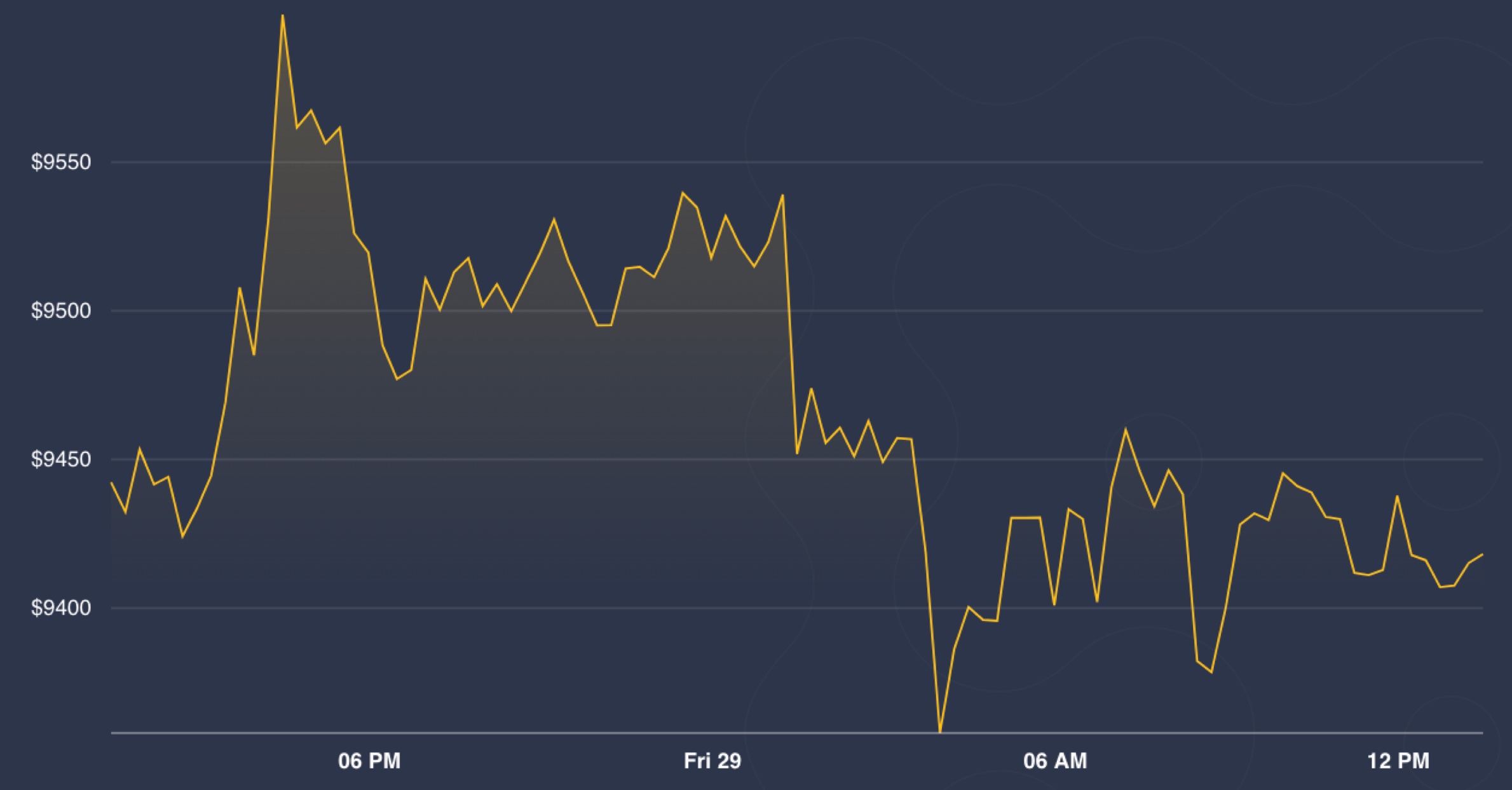China Should Consider Yuan-Backed Stablecoins Instead of CBDCs, Circle’s Allaire Says
Beijing should consider allowing for Chinese Yuan (CNY)-backed stablecoins if it wants to internationalize its currency, Circle CEO Jeremy Allaire said in a recent interview with the South China Morning Post.
“If eventually the Chinese government wants to see the RMB used more freely in trade and commerce around the world, it may be that stablecoins are the path to do that more than the central bank digital currency,” he told the paper.
Although Allaire views stablecoins as a superior option to CBDCs, he said the two are complimentary. “If central banks are going to upgrade their own systems to move away from legacy technology into more modern distributed ledger technology, that’s great,” he told SCMP. “There’s a whole bunch of things that are useful from that, but I view that as very different than the work that the private sector does to innovate on the public internet.”
Authorities in China would be hesitant to allow such a plan, as capital controls and a ban on the free convertibility of the yuan are pillars of its economic policy. In 2022, IMF First Deputy Managing Director Gita Gopinath said that China would need to open its capital markets and allow for full currency convertibility should it want to challenge the dollar.
Other stakeholders have noted that China would rather keep these rules in place rather than allow for free convertibility and an actual challenge to dollar dominance.
“I think there will be incremental moves to make greater use of the yuan to denominate China’s trade with commodity-exporting countries,” Brad Setser, a former senior advisor to the U.S. trade representative during the Biden administration, told Foreign Policy. “And then I think China will discover that it is difficult to fully go much further and to really radically change the structure of how it settles its trade.”
In many ways, Circle and Tether have been a net beneficiary of all of this. Research from Chainalysis shows that stablecoins are an effective tool for remittances, especially for Chinese companies that need to source from overseas.
Edited by Parikshit Mishra.









